sodium lauryl sulphate allergy
 What is sodium lauryl sulfate and is it safe to use?
What is sodium lauryl sulfate and is it safe to use?This website uses cookies to improve your experience. Continue if you are okay with this or find out more in our Press Enter for more results Sensitivity and Sensitivity SLS and sulfates - the well-known irritant in all its beauty regimen 6 March 2016 / / Getty Images Sodium laurel sulfate is more than skin care - that's how it could be affecting your sensitive skin and why it's worth going free SLS As someone browsing the beauty industry in the search for products for , there are a couple of ingredients that are grown in the hunt that exasperate me more than anything else (apart from the poor label; but that's another irritating effect in itself). , of course, is the frontrunner, and something that avoids at all costs, but sodium lauril sulfato First, to clarify, the SLS is considered "safe" to use according to the Cosmetic Ingredients Review Panel (CIR), Cosmetics, Association of Iniles and Fragrance (CTFA) and other regulatory agencies, and despite many concerns and speculation on dogs there seems to be done. But when it comes to irritation, the evidence is clear. So what are sulfates (or sulfates if you are reading in the US) and what makes them so bad for sensitive skin - and even not sensitive -? What is this? "Sulfate compounds are found in many personal care products such as shampoo, facial cleaners and body washers. They are also found in many domestic and industrial cleaning products," explains GP and skin specialist. "They work as surfactants, which means they can attract water and help decomposition of oil and rubble, therefore helping the cleaning process. The main sulphates used in skin care are sodium lauril sulfate (SLS), sodium dodecyl sulfate and sodium laurete sulfate (SLES). "The case against SLSNot all surfactants (which are agents used in detergents) are bad - in fact, far from it, as they are quite necessary for effective cleaning. But SLS is the one you've probably heard of, and for good reason. In 2013 the Regulatory Agency for Medicines and Health (MHRA) issued an aqueous cream, a product recommended by doctors for eczema, warning that if used as a license moisturizer could cause skin irritation and skin thinning, with SLS considered the probable culprit. In one study, those who used aqueous cream twice a day found that the treated areas were 12% thinner, with an average increase of 20% in water loss compared to untreated skin. Popular cream is now recommended only for use as a soap substitute. Meanwhile, the irritating properties of SLS are so safe that it is used as a marker in scientific studies when testing the safety of other ingredients; to establish how irritating it is to the skin, its effects are compared to that of SLS. SLS irritating properties are so safe that it is used as a marker in scientific studies by testing the safety of other ingredients It does not stop there either; while a reaction or irritation could initially occur, the long-term effects are equally worrying, as the founder and organic expert of Content Beauty tells me. "The main reason I recommend avoiding SLS in particular is the increased permeability of the skin with which it stays. Several tests have shown that the absorption of other chemicals present in skin care, including polyethylene glycol, is increased when SLS has been used before or is part of the formulation. So if you are prone to sensitivities, irritation can increase as the skin barrier, which is there to protect you from irritation, is compromised. "Why should you avoid it? Dr. Sturnham suggests that the potential symptoms of a SLS problem are redness, sensitivity, dryness, braking, or a 'tight' feeling; most of the products that contain sulphate foam, and your skin will probably feel clean afterwards - but do you really want your skin to feel like your dishes? That narrow, 'clean' feeling is the result that their natural oils deviate, their skin dry and their barrier of all that is important is deteriorating. More importantly, if you suffer with any other skin condition you may be making things worse. "We have evidence that sulphates can cause skin irritation and I often find foam cleaners to be highly aggravating for my patients with , and other inflammatory skin conditions," explains Dr. Sturnham. "I usually advise my patients to stay away from foam cleaners, to avoid any possible drying or irritating effect. "That's also for SLES. "Some studies have suggested that SLES is safer to use than SLS, however, both have a potential irritating effect, so my advice is to avoid all sulfates if possible," says Dr. Sturnham. Imelda agrees that no one is worth the risk: "Switching to one of the alternatives, sodium laureth sulfate does not solve the problem. Although it is considered less harsh on the skin, it crosses a process called ethoxylate that has concerns about contamination with 1-4 dioxan, a known carcinogen linked to organ toxicity. " Worryingly, not only skin care products you need to be aware of - you need to check your shampoo and toothpaste labels as well. If you regularly suffer from oral ulcers, your toothpaste and your foam action may be the fault, as the dentist explains: "Some commonly used oral care ingredients can cause irritation and abrasions inside the mouth, which can cause mouth ulcers and gum problems; a research study has shown ulcers without SLS reduced in prone individuals by 80%. If you have recurring canker ulcers or mouth ulcers, you would recommend avoiding ingredients such as sodium laurile sulfate and alcohol. "In the meantime, there has been a sudden burst of hair care products throwing (or perhaps simply redesigning their packaging) with their sulphate-free credentials. Ideal for those with sensitive skin and scalp, the trend is most likely to the popularity of the hair coloring and semi-permanent straightening treatments like the dry Brazilian coup, which the hairdressers advise will last longer if you avoid the foaming and stripping qualities of SLS in your shampoo. What to use instead So you want to get away from SLS - but what is the alternative? Fret no - you don't need to give up fresh breath, clean hair and clean skin. It will only take a little salvvy shopping, something that will be more than used if you are sensitive. As with the example of aqueous cream, SLS is less likely to cause much damage when the skin was washed immediately - but why use an irritant on your skin at all? Dr. Sturnham recommends using unparalleled cleaners, without sulfate, without foam. "Look for soft cream or gel cleaners, rich in natural phytonutrients as cleaning ingredients, such as fruit extracts and mixtures of natural oil. I love wheat and rosehip cleaners, rich in identical lipids of the skin - gently clean the skin, without stripping it of their important oils. "The formula of your chosen product can help to counter any effect of surfactant drying, also, as Imelda explains. "If it is sensitive, it would avoid foam products and look at the soap bars or liquid soap that contain the glycerin derived from plants." Hyaluronic acid is another moisture-enriching ingredient that is worth looking for, also - more moisture, better. Fortunately, there are a lot of products that are free of SLS - and they will usually scream about it, too (although it always helps ). Some brands have specific 'sensitive' or 'free-of' ranges within their product offering, while other brands make a statement and avoid it completely; meanwhile, any organic product certified by the Association of Soils will definitely be sulfate free. Here is a list (without finite means) to start - because confirmed irritants do not take place in their bathroom shelf. For your skin: Skincere - a free range of range, recommended by Dr SturnhamPai - one of my most reliable organic beauty brands, also recommended by Dr. Sturnham and specifically made for sensitive skinChild's Farm - a great range of SLS free for children and sensitive skinsREN - a fragrance brand that is free of sulfate between a great list of other irritants - try the Evercalm cream rangeCetraben - an alternative UltraDEX Low-Abrasion Toothpaste - SLS-free, alcohol-free, and even gluten-free Let me know in the comments or tweet Join the conversation Like what you see? Receive your health and beauty with our newsletter Related GTG characteristics Sense and Sensitivity 13 July 2020 / Health 20 March 2019 / Skin 23 January 2019 / Feeling and sensitivity 7 December 2018 / Around the siteHealth & BeautyVida About Get the shineGet the shine is the online destination for health and expert beauty. We work with leading makeup artists, stylists, nutritionists, personal trainers, triologists and well-being professionals to bring our readers the expert vision of beauty and well-being news and trends, and create specialist to help you be your happiest and healthier being. Directed by the founders Susannah Taylor and Sarah Vine, our works with our interior designers of the industry and with some of the world's leading brands in beauty and well-being, by Chanel and Estée Lauder to Barrecore and Hello Fresh - to bring you all the information and inspiration you need for skin care, hair care, makeup, fitness and nutrition in one place. Affiliate Link Information: Throughout Get The Gloss we occasionally use affiliate links in our content to earn commission on anything our readers can buy through those links. You won't pay another penny, but the small commission helps Get The Gloss to keep bringing content every day. All opinions expressed in product opinions are our own. We are also a participant in the Amazon LLC Partner Program, an affiliate advertising program designed to provide a means for us to earn fees by linking to Amazon.com and affiliated sites. Join the glosip

Chemical of the month: Sodium Laureth Sulfate & Sodium Lauryl Sulfate - AllergyCertified

Inflammatory reaction of the anterior dorsal tongue presumably to sodium lauryl sulfate within toothpastes: a triple case report - ScienceDirect

Do you know the difference? - sulphites or sulphates, SLS or SLES - Food Intolerance Network

Inflammatory reaction of the anterior dorsal tongue presumably to sodium lauryl sulfate within toothpastes: a triple case report - ScienceDirect

SLS - the known irritant in your beauty regime

Does Sodium Lauryl Sulfate Cause Acne? Learn the Facts
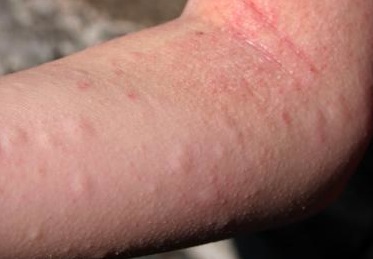
Sodium Lauryl Sulfate Allergy In The Human Body

Health + Infertility - Part 3: Sodium Laureth Sulfate - In Due Time
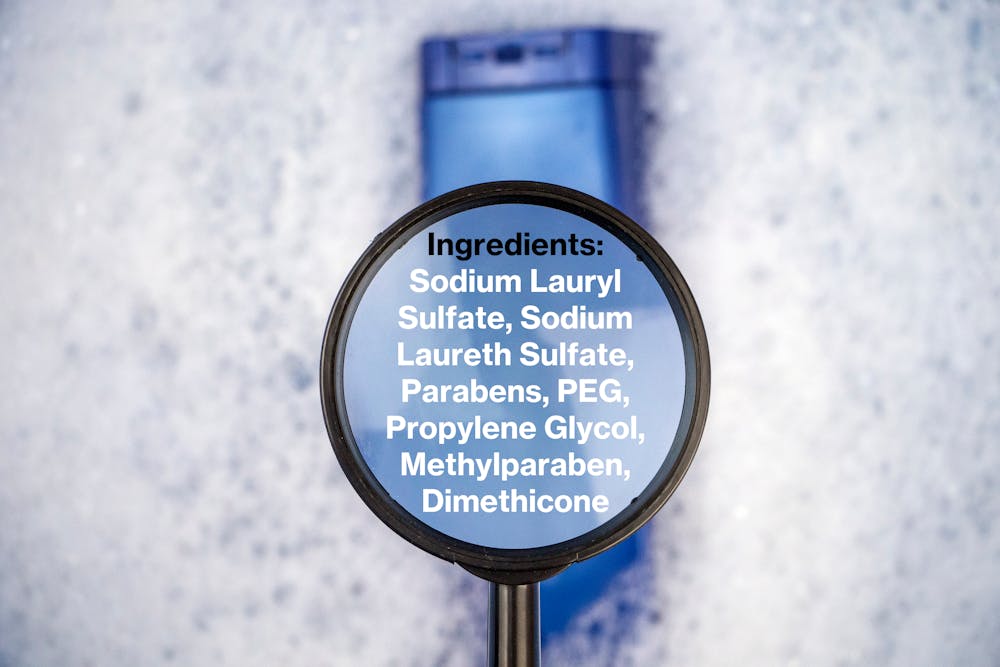
What is sodium lauryl sulfate and is it safe to use?

Inflammatory reaction of the anterior dorsal tongue presumably to sodium lauryl sulfate within toothpastes: a triple case report - ScienceDirect
The Truth About Sulfates - LAMAV

Allergic contact dermatitis - Becker - 2013 - JDDG: Journal der Deutschen Dermatologischen Gesellschaft - Wiley Online Library
Let's talk about SLS - Lush Fresh Handmade Cosmetics UK
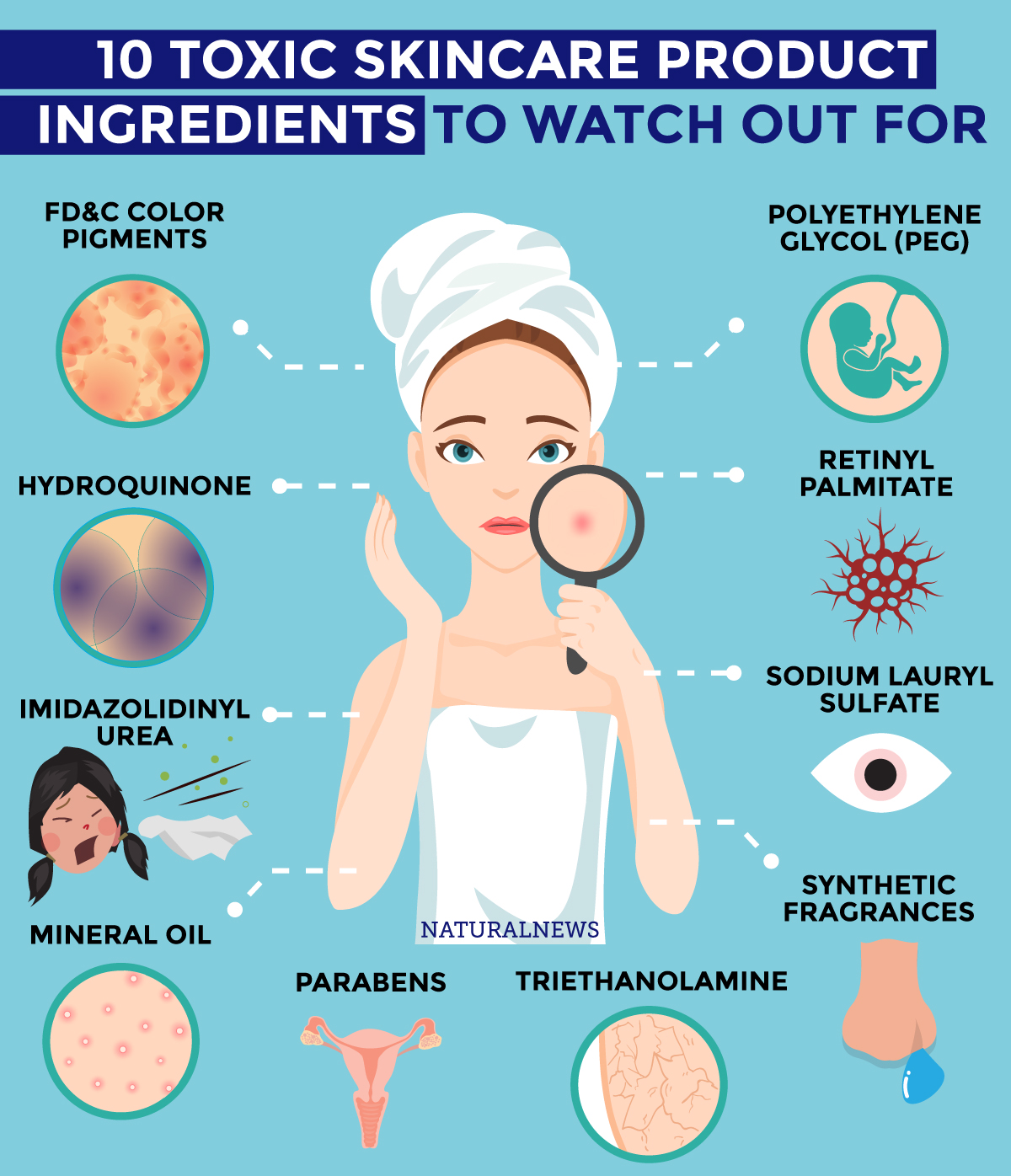
10 Toxic skincare product ingredients to watch out for – NaturalNews.com

Toothpaste ingredients can lead to lesions | Registered Dental Hygienist (RDH) Magazine

15 Perioral dermatitis ideas | perioral dermatitis, perioral, dermatitis

Red hives and welts on my neck and shoulder from sodium laureth sulfate. Read the labels of your produ… | Natural skin care, Health benefits, Sodium laureth sulfate
Differenence Between Sodium Laureth Sulfate And Sodium Lauryl Sulfate | Dermveda
What are the chemicals and allergies in our everyday life?
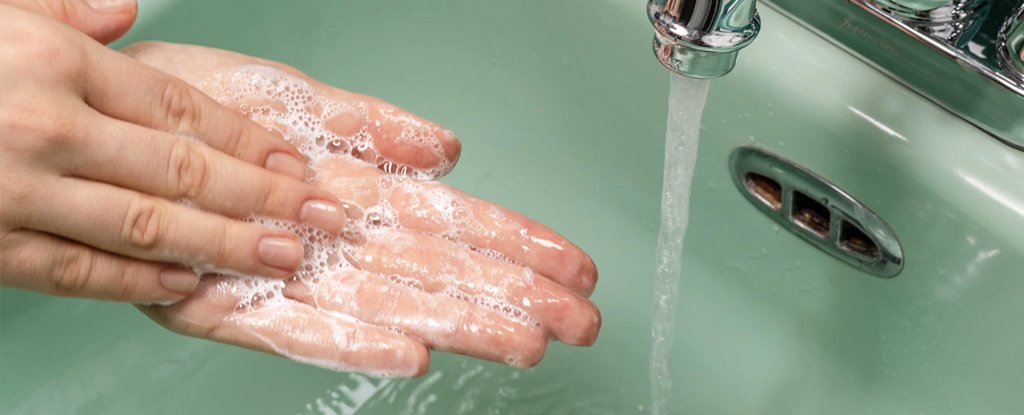
What Is Sodium Lauryl Sulfate, And Why Are People Avoiding It in Soap And Toothpaste?
Skin Lesions Induced by Sodium Lauryl Sulfate (SLS) in Rabbits - SciAlert Responsive Version
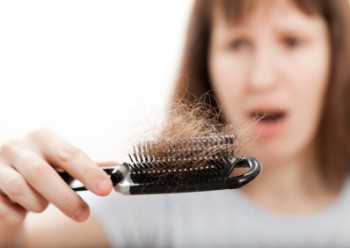
Why Sodium Lauryl Sulfates (SLS) Are Causing Hair Loss | Simply Organic Beauty
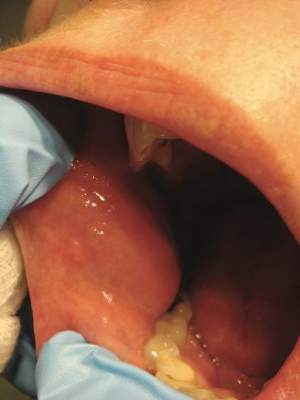
Oral Leukoedema with Mucosal Desquamation Caused by Toothpaste Containing Sodium Lauryl Sulfate | MDedge Dermatology

Toothpaste Without Sodium Lauryl Sulfate (SLS) - Illinois | IL | Revitin
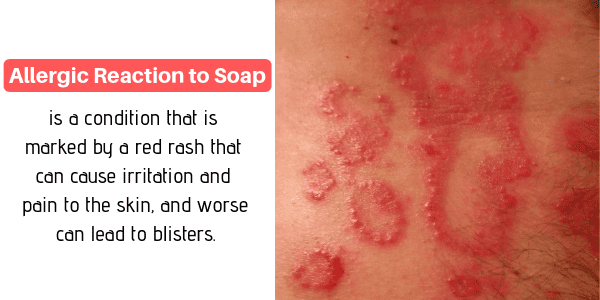
March | 2019 | EnviroKlenz

Sodium lauryl sulphate-free moisturizers are gentler on skin | Latest news for Doctors, Nurses and Pharmacists | Dermatology

The Ban List: 7 Ingredients to Avoid in Personal-Care Products - Green Living - Natural Home & Garden

Dermatitis - Wikipedia

7 Skin-Care Ingredients You Might Be Allergic To

Controversial Chemicals: The Actual Risks of Using Sodium Lauryl Sulfate ( SLS) According to Science – Waste-Free PhD
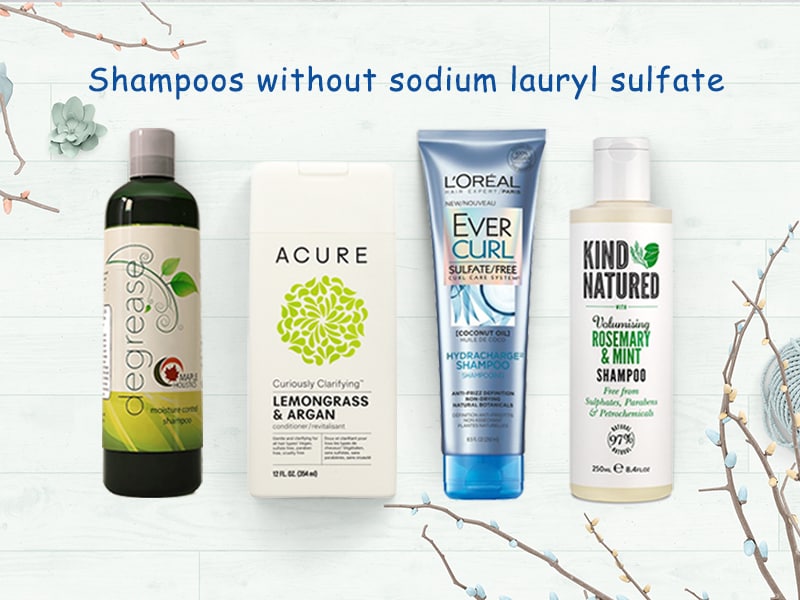
Best Shampoos Without Sodium Lauryl Sulfate To Nourish Your Hair

Sodium lauryl sulfate allergy triggers when you use products that include this chemical ingredient. Normally, … | Allergies, Allergy symptoms, Sodium lauryl sulfate

Things You Need to Know About Skincare Development

Allergic to Coconut?: Warning: Prescription Drugs containing SLS
/sulfa-drug-allergy-830671-79f3b4bc589b46cbb41c1a3a103077ac.png)
Sulfa Allergy: Symptoms, Causes, Diagnosis, and Treatment
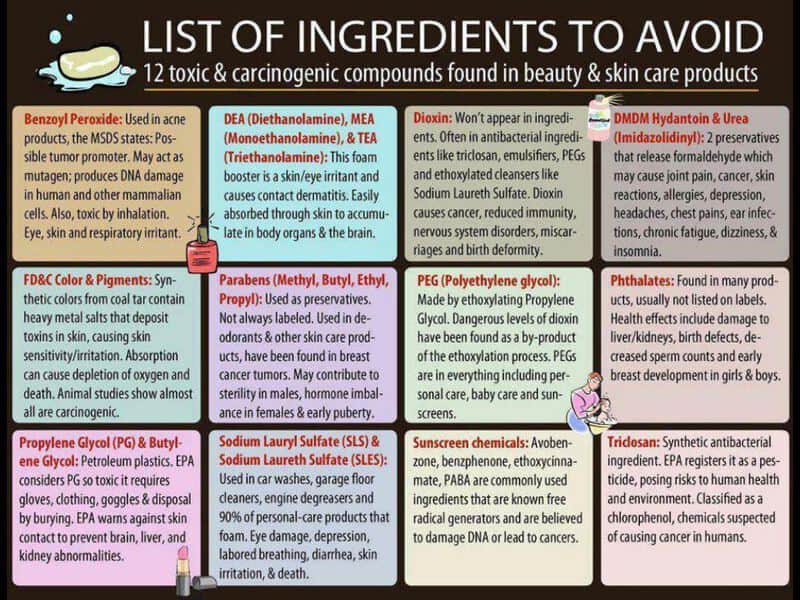
What Everybody Must Know About Shampoos - Indian Beauty Tips

Toothpastes Without Sodium Lauryl Sulfate | Sensodyne

Sulfate in Shampoo: What It Is, Fine Hair, Natural Hair, and More

Perioral Dermatitis and Sodium Lauryl Sulfate Allergies | Perioral dermatitis, Perioral, Perioral dermatitis treatment
Posting Komentar untuk "sodium lauryl sulphate allergy"